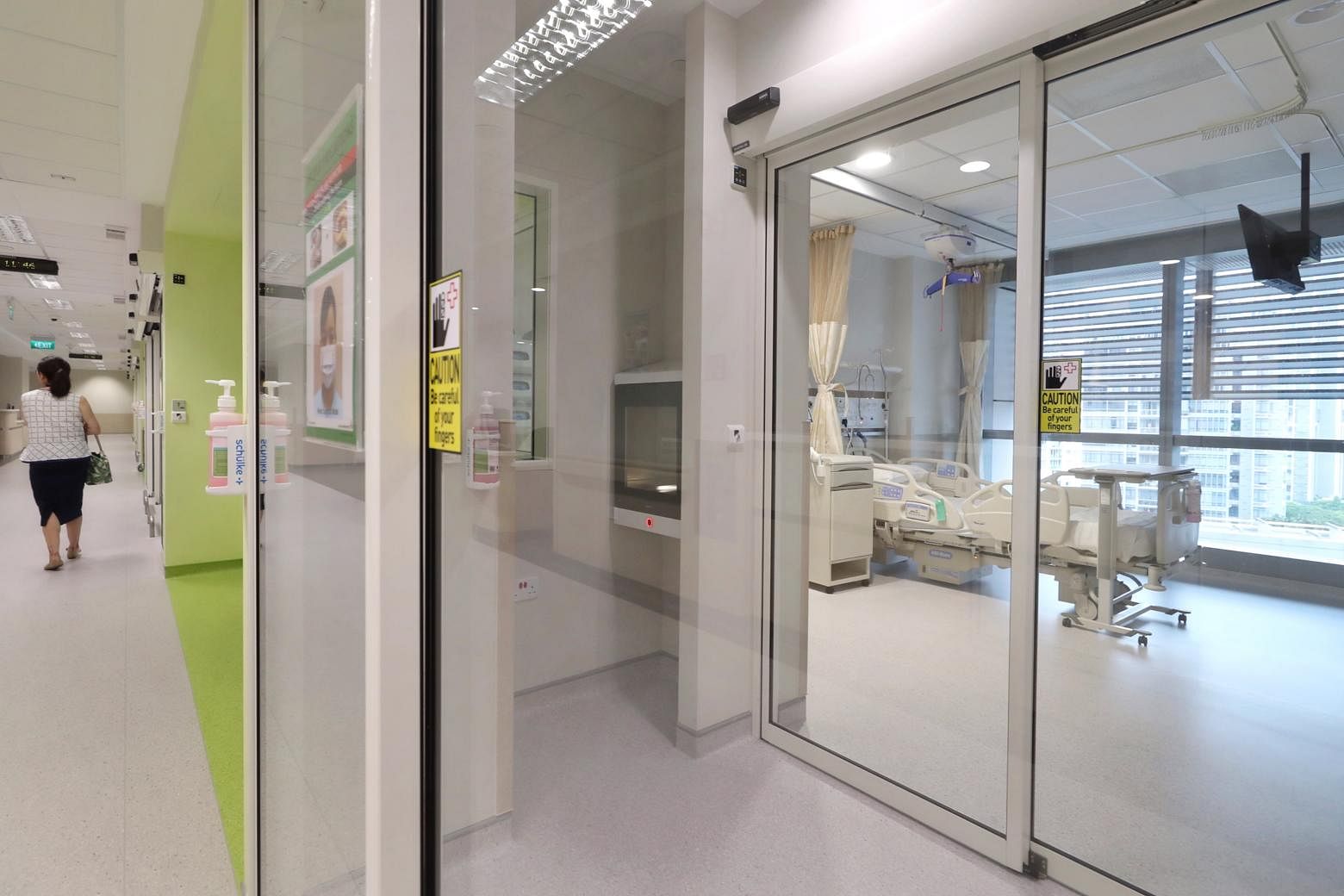No new monkeypox cases in Singapore, but doctors must be vigilant, says MOH


SINGAPORE - While there are no new monkeypox cases in Singapore, the Ministry of Health (MOH) has alerted all medical practitioners here to be vigilant in detecting and reporting cases of the disease.
The ministry also added that it will continue to monitor the situation closely.
Responding to queries from The Straits Times, MOH said on Saturday (May 21) that as at Friday (May 20), no monkeypox cases have been detected here, apart from the imported case from Nigeria which was detected here on May 8, 2019.
It said monkeypox is a rare disease caused by a virus that is primarily transmitted to humans from animals.
Human-to-human transmission, while possible, is limited.
An individual is infectious primarily during the period when they have symptoms, particularly skin rash.
"Transmission typically occurs from close contact with the respiratory tract secretions or skin lesions of an infected person, or objects recently contaminated by an infected person's fluids or lesions," the ministry said.
[[nid:580117]]
Infected individuals would typically experience fever, headache, muscle ache, backache and swollen lymph nodes.
They may also get a skin rash that usually appears one to five days after the first symptoms, and which may resemble blisters caused by chickenpox.
Individuals will usually recover from their symptoms in two to four weeks.
"The disease is usually self-limiting, however severe illness and death can occur in some individuals," it said.
Travellers are advised to take necessary precautions including maintaining a high standard of personal hygiene, avoiding direct contact with skin lesions of infected living or dead persons or animals.
It added that travellers should also avoid contact with wild animals and consumption of bush meat.
"Returning travellers, especially from areas affected by monkeypox, should seek immediate medical attention if they develop any disease symptoms within three weeks of their return. They should also inform their doctor of their recent travel history," said the ministry.

The first imported case of monkeypox infection in Singapore, a Nigerian, was confirmed by the Ministry of Health (MOH) in May 2019.
The man, then 38, had arrived here for a workshop.
He was moved to an isolation ward at the National Centre for Infectious Diseases upon testing positive for the rare viral disease on May 8 that year.
Before arriving here on April 28, he had attended a wedding in Nigeria, where he may have consumed bush meat - a possible source of transmission of the virus.
Bush meat comes from wild animals, and is a popular source of protein in various parts of Africa where meat from domesticated animals are scarce or expensive.
When he arrived in Singapore, he stayed at a hotel in Geylang. In the following two days, he attended a workshop at Church Street, in the Central Business District.
MOH had said then that 22 out of 23 individuals who had been identified as close contacts of the patient were placed under quarantine as a precautionary measure.

One of the close contacts, a workshop participant, had left Singapore before the patient was diagnosed.
The 22 individuals were monitored for the disease's maximum incubation period of 21 days from the last date of exposure to the patient.
They had remained symptom-free and were given the all-clear after completing their quarantine.
MOH had said on May 28 that year that the Nigerian had also recovered and had been assessed to be non-infectious.
Associate Professor Benjamin Ong, who was director of medical services at MOH at the time, said early detection, contact tracing and quarantine of close contacts enabled the ministry to tackle the case in a proactive and coordinated manner.
This article was first published in The Straits Times. Permission required for reproduction.